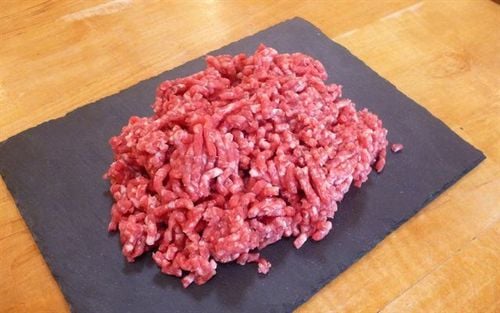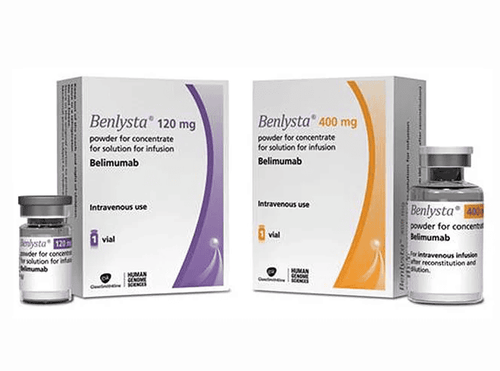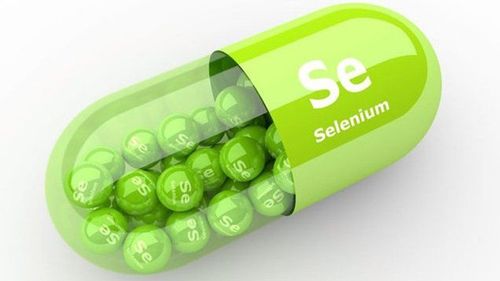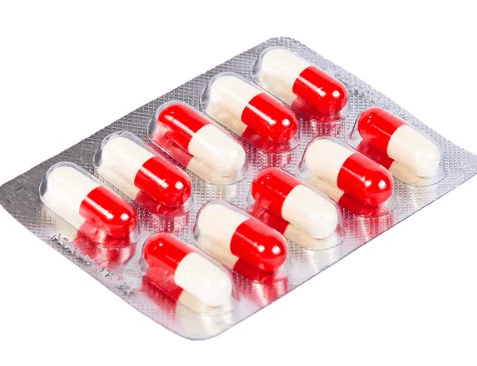This is an automatically translated article.
The article is professionally consulted by Master, Doctor Nguyen Minh Tuan - Pediatrician - Pediatrics - Neonatology Department, Vinmec Danang International General Hospital.Selenium is considered an essential micronutrient for the immune system, but the human body is inherently unable to synthesize them and must be supplemented from external sources through the diet. . So is supplementing selenium for children really important, and if so, how much should children use?
1. What is selenium?
Selenium is a trace element that occurs naturally in many foods, or is available as a dietary supplement. This is an extremely important nutrient for human health, is a component of more than two dozen selenoproteins that play an important role in reproduction, DNA synthesis, thyroid metabolism and protection from damage. oxidative injury or infection.Selenium exists in two main forms, including inorganic (selenium and selena) and organic (selenocysteine and selenomethionine). Both forms are excellent sources of dietary selenium.
Most selenium in the form of selenomethionine exists in animal and human tissues, where it can bind nonspecifically with the amino acid methionine in body proteins. Skeletal muscle is the main selenium storage site, accounting for about 28-46% of the body's total selenium.
In general, measures of selenium status will be based on serum and plasma selenium concentrations. Blood and urine levels will help reflect the recent amount of selenium in your body. In addition, analysis of selenium content in fingernails or hair can also be used to help track selenium consumption more permanently over months or years.
2. Why should children supplement selenium?
Supplementing selenium for children is an extremely necessary thing for children to develop comprehensively and prevent disease-causing factors.For the immune system, selenium plays an important role in the enzyme glutathione peroxidase, which can affect every component of the immune system, including the functioning and development of white blood cells.
When not providing enough selenium for children can lead to deficiency of this nutrient. At that time, the function of the immune system in the child's body is also significantly reduced and has difficulty fighting infections. This is also the result of a decrease in the number of white blood cells and the thymus gland when the baby's body is deficient in selenium.
Besides, parents should also focus on supplementing with zinc for their children because it is considered a key factor involved in the process of restoring genetic structure, detoxifying some heavy metals and helping to activate the immune system. Essential enzymes in the immune system.
For the development of the child's body, selenium is also especially necessary for iodine metabolism. Many studies have shown that low serum selenium levels are often detected in children with goiter.
Moreover, selenium supplementation for children is also especially important for their development and growth. In fact, selenium acts as an enzyme, contributing to the production of thyroid hormone; especially necessary for stimulating energy input as well as child growth. Therefore, you should choose sources of selenium for children appropriately to help them maintain a healthy state and develop more comprehensively in all aspects.

Việc bổ sung selen cho trẻ là điều vô cùng cần thiết
3. What is the daily requirement of selenium for children?
Selenium is usually measured in micrograms (mcg), available as tablets containing 50-200 mcg. Below is the amount of selenium for children by age, recommended by nutritionists, including:Infants 0 - 6 months: Need 15 mcg/day Infants 7 months - 1 year: Requires 20 mcg/day Children 1 - 3 years: 20 mcg/day Children 4 - 8 years: 30 mcg/day Children 9 - 13 years: 40 mcg/day Children 14 - 18 Age: 55 mcg/day Selenium is recommended at doses not exceeding 200 mcg/day. On the other hand, the scope of treatment for selenium overdose is rather limited. Therefore, you should not give selenium to children in excess of the prescribed dose. The recommended dose of selenium is between 100 and 200 mcg per day.
Children with selenium deficiency may experience the following noticeable symptoms:
Pale nails Muscle weakness Fatigue Hair loss Weakened immune system. In addition, selenium deficiency can also lead to Keshan disease - a form of cardiomyopathy, which causes weakening of the heart muscle. In addition, selenium deficiency has also been associated with edematous malnutrition, also known as Kwashiorkor.
4. What are the possible side effects of an overdose of selenium?
Supplementing children with selenium from natural food sources is unlikely to cause any noticeable side effects. However, giving your child more than 200 mcg/day of selenium for a long time can lead to the following health problems:Itchy skin Diarrhea Nausea Vomiting Weak/broken nails and hair Damaged teeth discoloration Fatigue Garlic-like breath Peripheral neuropathy Women who are pregnant or breast-feeding should talk to their doctor before deciding to take any selenium supplements. Overdose of selenium can lead to bone and cartilage problems for the fetus, affecting the baby's later physical development.

Bố mẹ có thể chọn các nguồn selen cho trẻ đến từ thịt bò
5. Ways to help children supplement selenium
Children from 1 to 5 years old need to be fully supplemented with essential nutrients, including vitamins and minerals for comprehensive development. Because selenium has the property that it cannot be synthesized in the body, the supplementation of selenium for children is currently receiving much attention from parents as well as health care professionals.You can supplement selenium for children through the following 2 main ways:
5.1 Provide sources of selenium for children through foods. Selenium is found in some plants such as garlic, legumes, cabbage, cereals, mushrooms and germinated green beans.
In animals, parents can choose sources of selenium for children from crab, beef, fish, shrimp, pork, egg yolk, skin or liver.
Giving children a variety of foods above not only helps to supplement a large amount of selenium for the body, but also provides many other vitamins and minerals such as vitamins A, E and D. Supplements containing selenium Currently, many types of selenium supplements for children are produced in synthetic form with an appropriate and balanced ratio of ingredients, in accordance with the recommended amount. Therefore, many parents have trusted to choose these products because of the convenience and effectiveness they bring.
Selenium is known as the "golden microelement for the immune system" which plays an important role for the comprehensive development in children. However, when supplementing with selenium for children, especially for children with weak health and immature immune systems, parents need to adjust and balance the dosage in the diet accordingly. avoid excess or deficiency of selenium affecting the health of children.
To have more knowledge about raising children properly, parents should proactively update useful medical information on Vinmec.com website and immediately contact doctors and experts at Vinmec when needing support.














